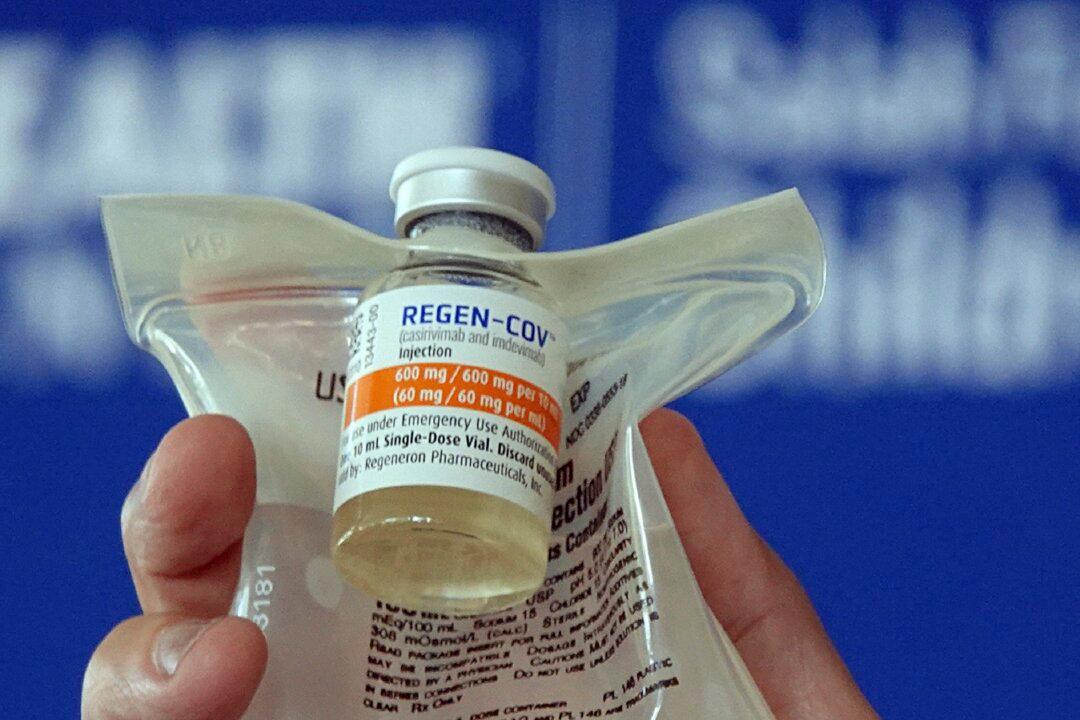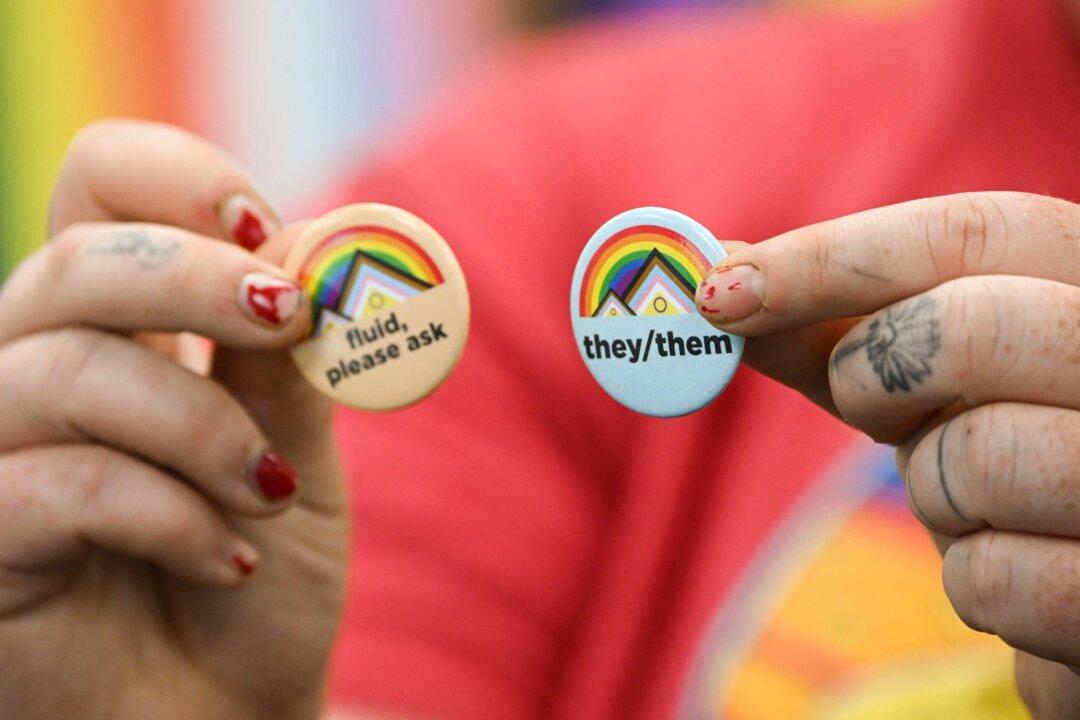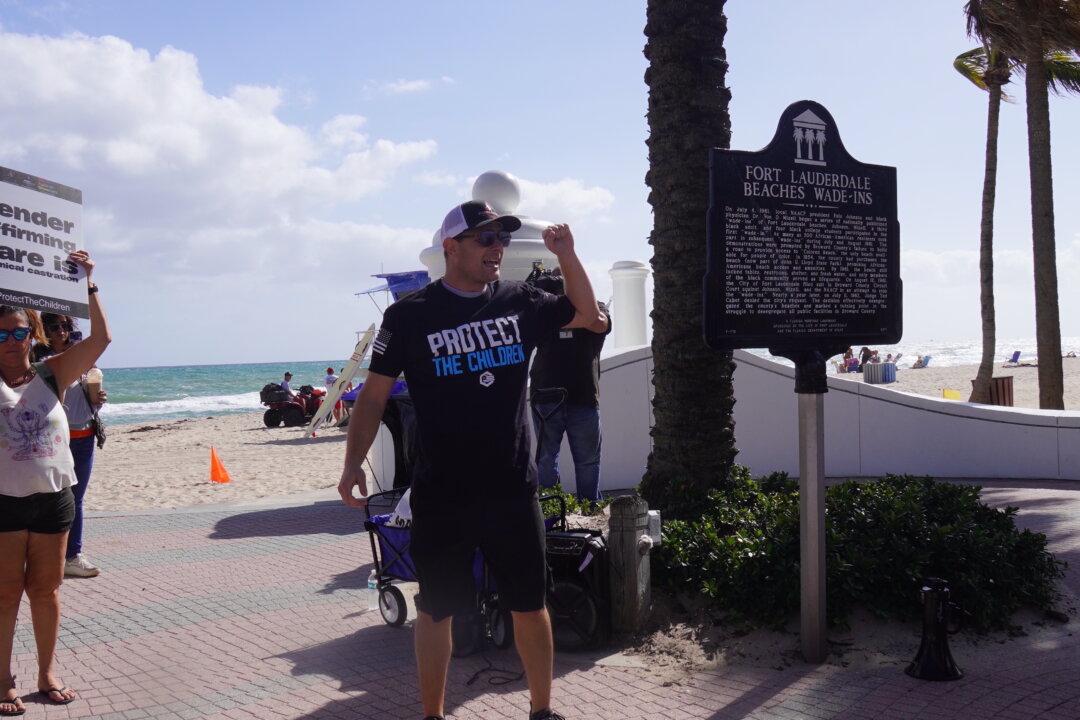PUNTA GORDA, Fla.—More than 90,000 people in Florida have now received monoclonal antibody treatments across 25 state-sponsored sites. However, a disruption in services is looming due to the Biden administration giving control of distribution to the U.S. Department of Health and Human Services.
Florida’s supply will be cut in half, Gov. Ron DeSantis announced on Sept. 16.




